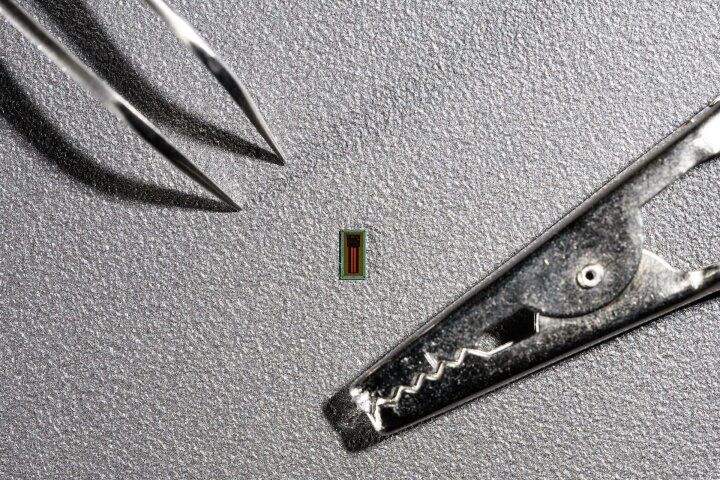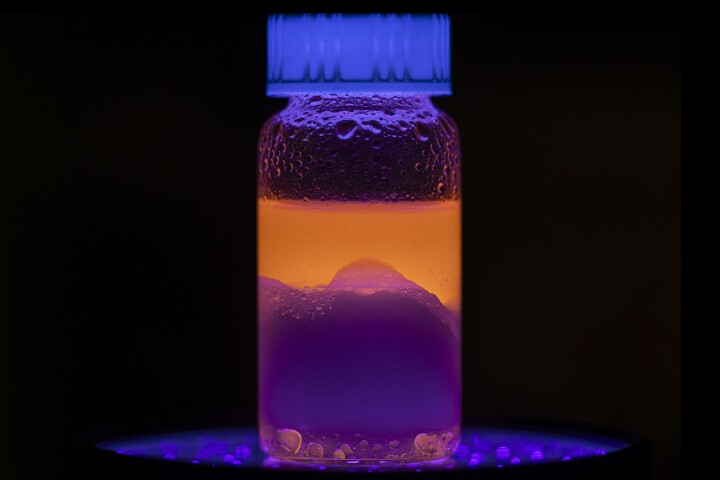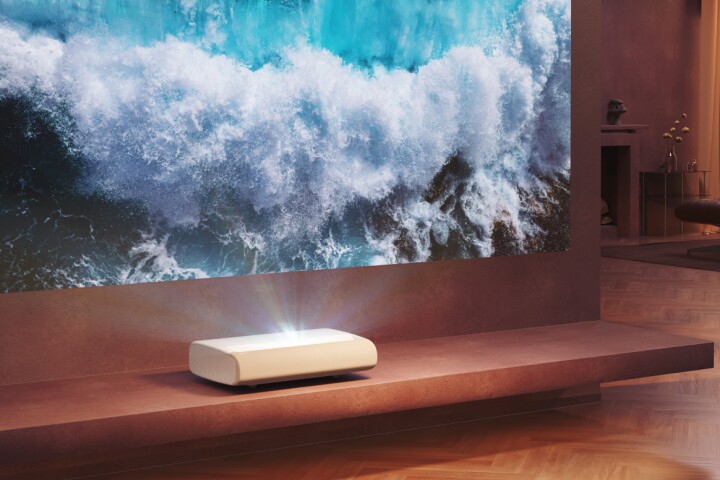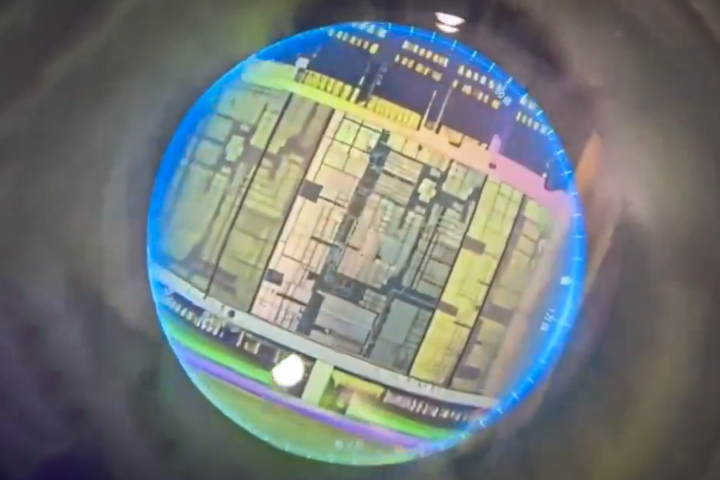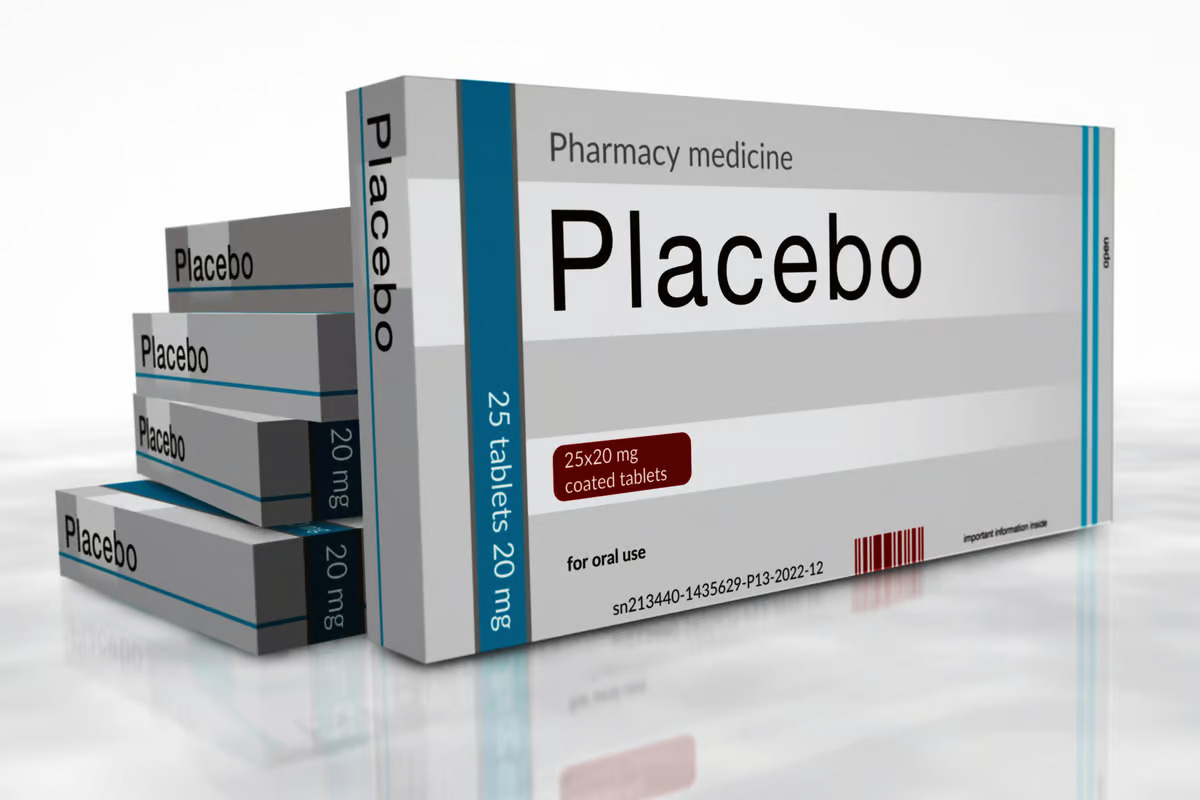 Even though people knew they were taking placebo pills, they still had a significant effect on mental health. Depositphotos View 4 Images –
Even though people knew they were taking placebo pills, they still had a significant effect on mental health. Depositphotos View 4 Images –
Our brains are complex, fascinating, and powerful organs. That’s especially so when it comes to the so-called placebo effect, which is when a person’s physical or mental health improves after taking a ‘fake’ treatment.
A new study by researchers at Michigan State University (MSU) has found that in people exposed to long-term stress, placebo pills significantly reduced that stress – as well as anxiety and depression – even when they knew that what they were taking had no medicinal value.
“Exposure to long-term stress can impair a person’s ability to manage emotions and cause significant mental health problems, so we’re excited to see that an intervention that takes minimal effort can still lead to significant benefits,” said Jason Moser, a professor in MSU’s Department of Psychology and one of the study’s co-authors. “This minimal burden makes non-deceptive placebos an attractive intervention for those with significant stress, anxiety and depression.”

There’s a widely held assumption that placebos only work when deception is used; that is, when people don’t know they’re taking a placebo. That’s why, for the present study, the researchers decided to use non-deceptive placebos. They recruited 18- to 30-year-old Michiganders experiencing moderate prolonged stress due to the COVID-19 pandemic, and randomly assigned them to one of two groups.
The non-deceptive placebo group (29 participants) were mailed placebo pills and instructed, over Zoom, to take them morning and night for two weeks. They also received remote education on placebo effects by way of four online sessions, as well as information on studies showing that non-deceptive placebos reduced emotional stress. The placebo pills were blue-and-white capsules made by Zeebo and purchased through Amazon, containing only microcrystalline cellulose, an inert fiber. The control group (32 participants) took no pills and received no education sessions.
All participants’ COVID-related stress, overall stress, anxiety and depression were measured at baseline, midway through the experiment, and at the end. The researchers found that after two weeks the non-deceptive placebo significantly sped up reductions in COVID-related stress, overall stress, anxiety and depression compared to the control group. The effects were comparable to the benefits obtained after a three-month self-guided online (internet) cognitive behavioral therapy (iCBT) program, reported in another published study. Participants in the non-deceptive placebo group also reported high expectations of benefits and perceived the treatment as easy to use and appropriate for the context.
“Taken together, these data suggest that non-deceptive placebos, even when administered remotely online, can help moderately at-risk people manage their psychological health in prolonged stressful situations like the COVID-19 pandemic,” the researchers concluded.
The researchers pointed out the study’s limitations. Namely, that their sample size was small and composed of mostly white, young, female participants, and that participants in the non-deceptive placebo group spent longer in the study because of the education they received about placebos, which may have influenced the results. They do note, however, that adopting another experimental method, where all participants are informed about the placebo effects, would’ve meant that the control group, aware they are in a control condition, could bias the results.

Despite these limitations, the researchers say that their findings suggest that non-deceptive placebos might offer an effective, low-effort, easy-to-implement method of helping to prevent at-risk people from progressing to clinical levels of stress, anxiety and depression.
“This ability to administer non-deceptive placebos remotely increases scalability potential dramatically,” said Darwin Guevarra, the study’s lead and corresponding author and a post-doctoral scholar at the University of California, San Francisco. “Remotely administered non-deceptive placebos have the potential to help individuals struggling with mental health concerns who would not have access to traditional mental health services.”
Guevarra and Moser have been investigating the benefits of non-deceptive placebos for a while. In 2020, they published a study that found a non-deceptive placebo (saline administered by way of a nasal spray) reduced emotional distress in people who were shown negative images. However, the present study has a more concrete ‘feel’ to it; its findings are more capable of real-world application. Does this mean the researchers are any closer to understanding how the brain exerts the placebo effect? Possibly not.
In the present study, the researchers said that the non-deceptive placebo group expected the pills to benefit them “to some degree” and not cause them harm. The latter factor, they said, may be important because if someone takes medication with the expectation that it’ll cause them harm, they’re less likely to adhere to a treatment regime, which can mitigate its effectiveness. However, they found no “significant correlation” between a participant’s expectation of benefit and their adherence to taking the pills.
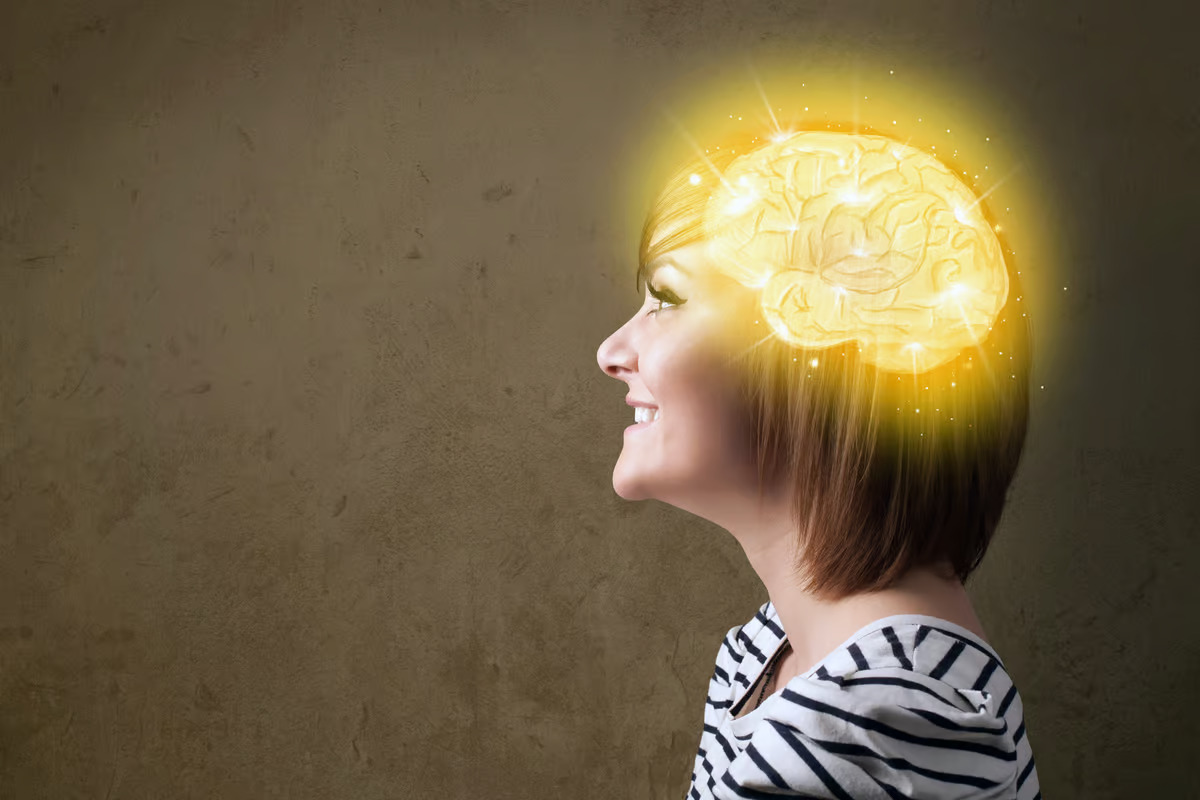
“Expectations may play a role, but our data suggest that the effects of non-deceptive placebos on affective outcomes cannot be solely attributed to explicit expectations,” the researchers explained.
Expectations are defined as beliefs and ways of thinking a person might have about future events. They’ve been cited as a central mechanism affecting placebo and nocebo effects. The nocebo effect is the opposite of the placebo effect. It describes a situation where a negative outcome occurs – worsening symptoms, say, or the onset of adverse effects – due to a belief that the intervention will cause harm.
A classic example of the nocebo effect was seen in a 26-year-old male enrolled in a clinical drug trial for an antidepressant. During the trial, he deliberately overdosed on 29 capsules before presenting to his local emergency department, where he collapsed with low blood pressure. His medical condition was quickly reversed when he was advised that he’d, in fact, taken inert placebos. Again, one is reminded of the mind’s power over the body.
In addition to expectations, other hypotheses have been advanced to explain how the placebo effect works. Skeptics would say that many conditions (colds and flu, for example) are self-limiting and would’ve resolved by themselves anyway. Others say that chronic diseases like multiple sclerosis have periods of remission which may occur coincidentally and not be at all attributable to the placebo. Or, a placebo might increase a person’s motivation to take better care of themselves, which results in an easing of symptoms. Perhaps, a placebo helps the brain remember a time before the onset of symptoms, a ‘remembered wellness’ that brings about a bodily change. Against these theories is neuroscientific evidence implicating multiple brain systems and chemical mediators, including dopamine, in the placebo effect.
While it’s very likely that, at some point in (probably) the near future, science will identify the physical or biochemical mechanisms underlying the placebo effect, for the moment, what’s important is that, for whatever reason, it works. We don’t always have to know why.
The study was published in the journal Applied Psychology: Health and Well-Being.
Source: MSU View gallery – 4 images
–















